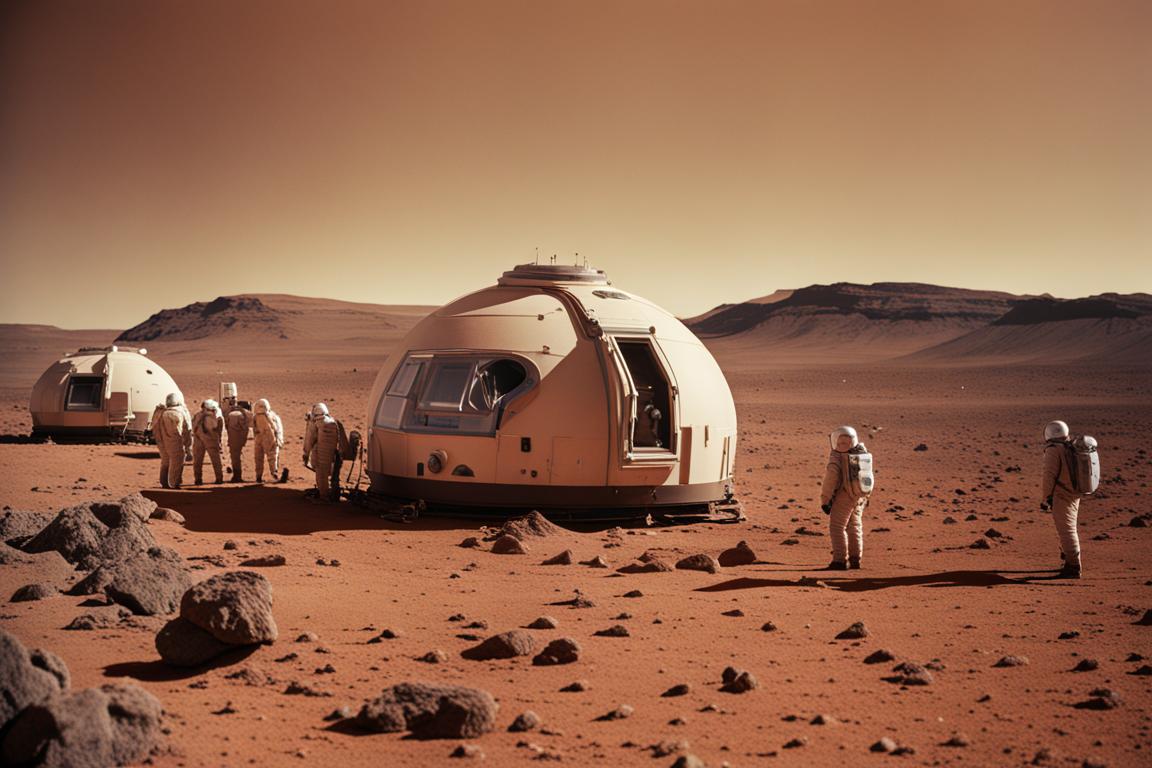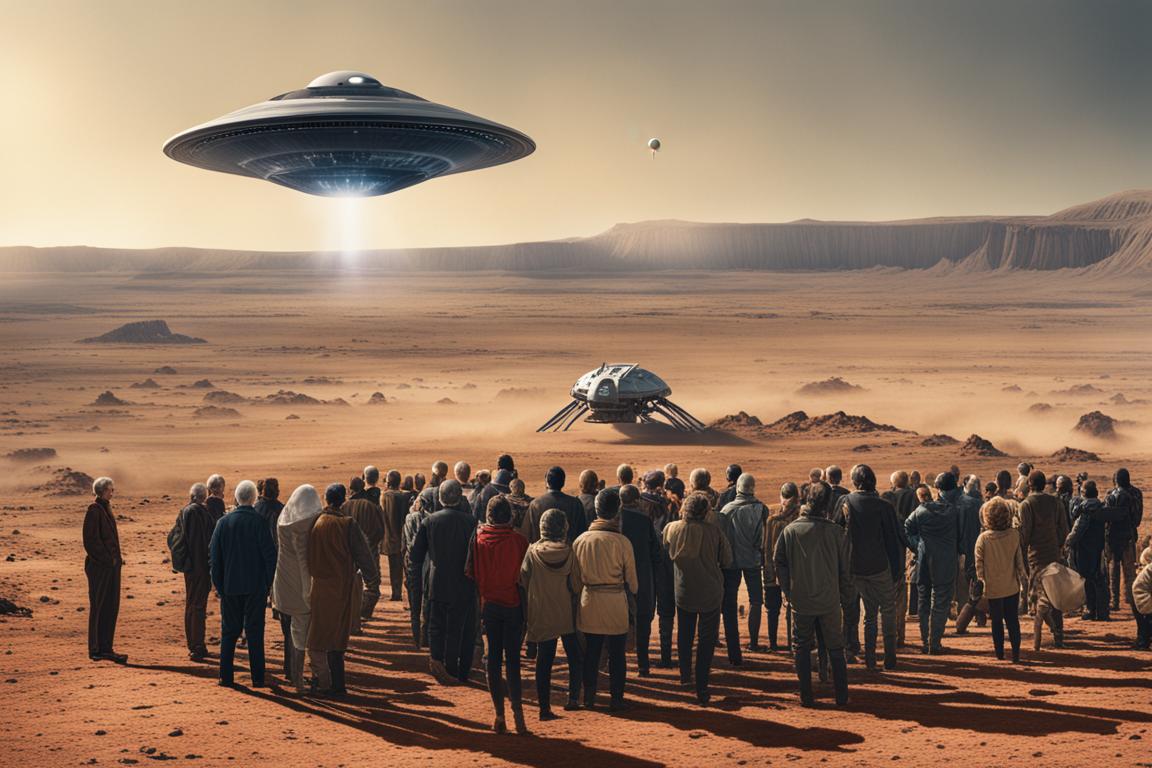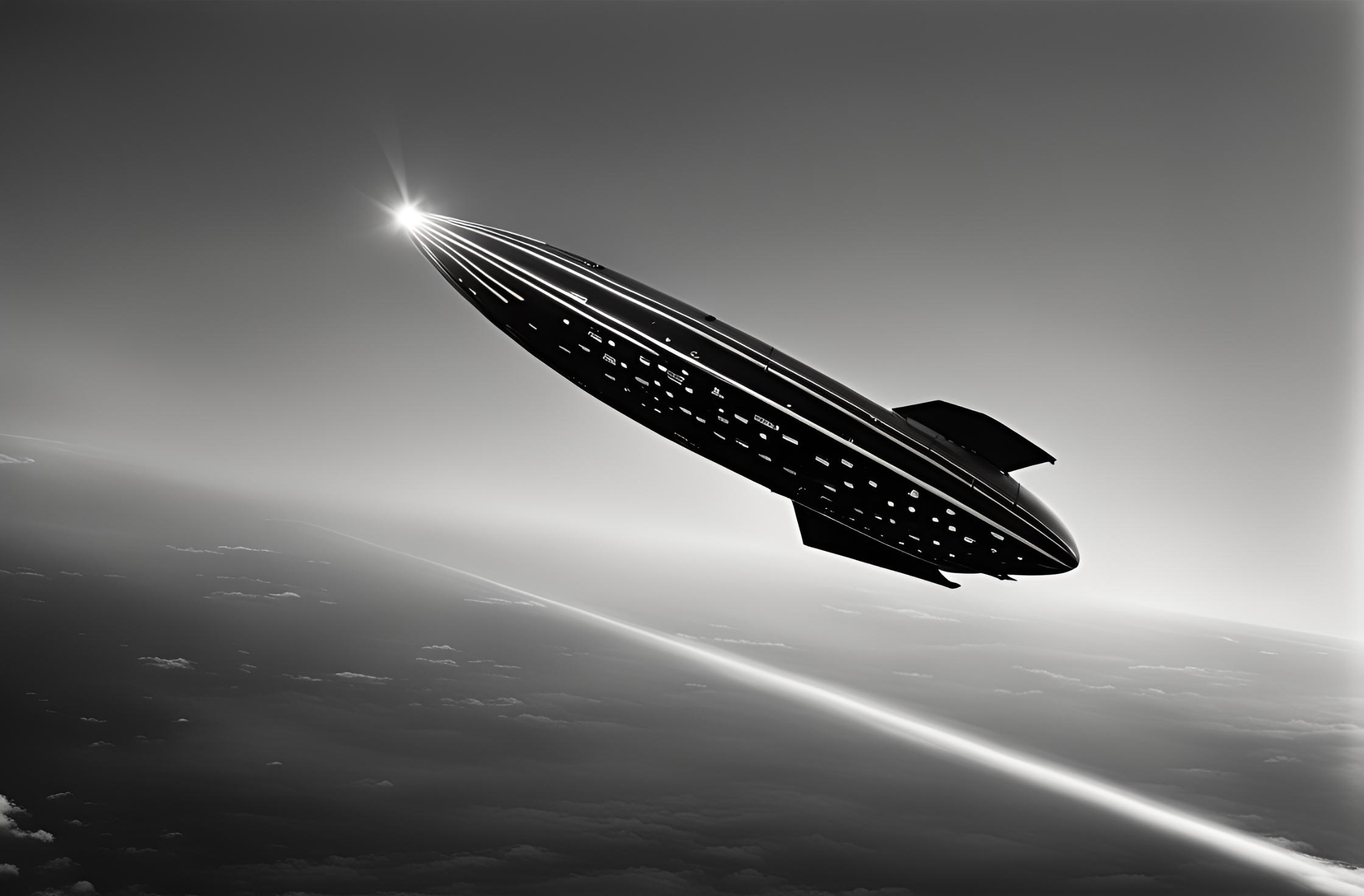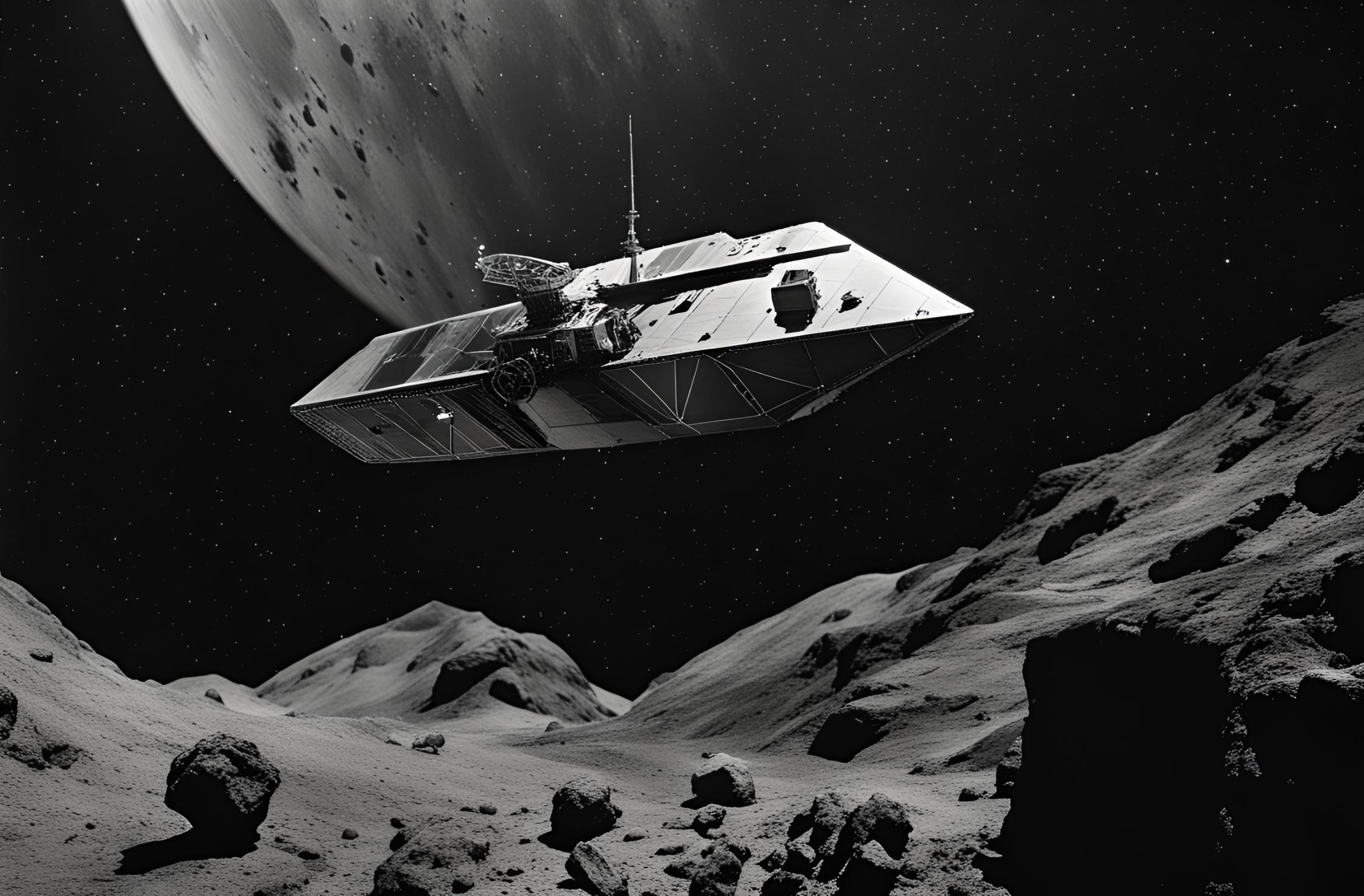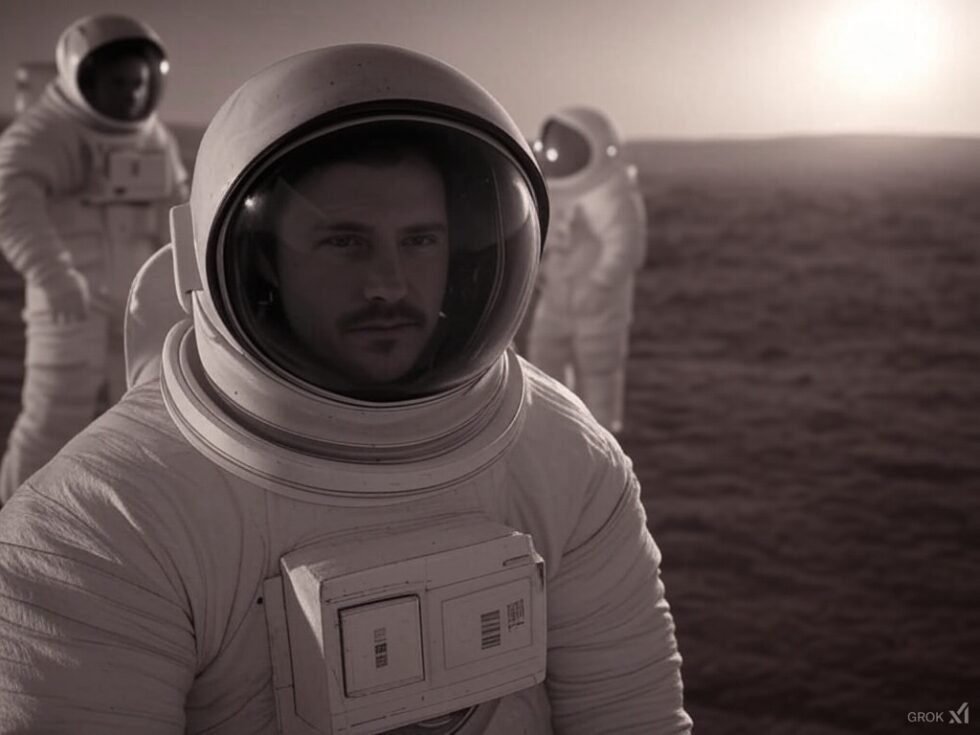
In 2073, the world watched with bated breath as New Dawn, the first Martian colony, celebrated its fifth anniversary. Establishing a permanent human presence on Mars had been fraught with challenges, but the triumph of human ingenuity and perseverance was undeniable. The red planet, once a distant dream, had transformed into a vibrant hub of scientific exploration and cultural exchange, reshaping humanity’s understanding of its place in the universe.
The initial years of the colony were a testament to human resilience. The first settlers, a diverse group of scientists, engineers, and visionaries, faced the harsh Martian environment with determination. They lived in carefully designed habitats, shielded from the planet’s unforgiving radiation and dust storms. The colony’s survival depended on a delicate balance of life-support systems, renewable energy sources, and the successful cultivation of food in Martian soil. The settlers’ ability to adapt and innovate was crucial, as they transformed barren landscapes into thriving greenhouses and laboratories.
As the colony grew, so did its significance to Earth. New Dawn became a beacon of hope, symbolizing what humanity could achieve when united by a common goal. The technological advancements developed for Mars colonization had far-reaching impacts on Earth. Breakthroughs in renewable energy, water purification, and sustainable agriculture were shared globally, helping to address some of the planet’s most pressing challenges. The spirit of collaboration and innovation that fueled the Martian endeavor inspired a new era of global cooperation, as nations realized the potential of working together for the greater good.
Culturally, the Martian colony represented a melting pot of ideas and traditions. Settlers from different corners of the Earth brought diverse perspectives and customs, giving rise to a unique Martian identity that celebrated diversity and inclusivity. Art, music, and literature flourished in this new environment, as settlers expressed their experiences and emotions in a world so different from their own. The stories and art emerging from New Dawn captivated audiences on Earth, offering a glimpse into the lives of those who had chosen to call Mars home.

However, the success of the Martian colony also raised profound questions about humanity’s future. As the colony expanded and thrived, debates arose about the ethics of terraforming and the potential consequences of altering another planet’s ecosystem. Some argued that humanity had a responsibility to preserve Mars in its natural state, while others saw the potential for a new beginning, free from the mistakes of Earth’s past. These discussions sparked a global dialogue about the role of humans in the cosmos and the moral implications of space exploration.
Back on Earth, the impact of the Martian colony was felt in unexpected ways. The realization that humanity was no longer confined to a single planet changed how people viewed themselves and their place in the universe. Knowing that a thriving community existed millions of miles away instilled a sense of wonder and possibility, inspiring a new generation of dreamers and explorers. Space agencies and private companies accelerated their efforts to explore the solar system, fueled by the success of New Dawn and the promise of new frontiers.
As the decades passed, the Martian colony continued to grow and evolve, becoming a self-sustaining civilization in its own right. The settlers, once pioneers, now saw themselves as Martians, forging a new path for humanity among the stars. Their achievements served as a testament to the power of the human spirit and the boundless potential of exploration. The story of New Dawn was one of triumph and transformation, a reminder that even in the face of seemingly insurmountable challenges, humanity could reach for the stars and find its place among them.
Ultimately, establishing a permanent colony on Mars was more than just a scientific and technological achievement; it was a profound statement about the resilience and creativity of the human race. It demonstrated that, when faced with the unknown, humanity could rise to the occasion, transcending its limitations and embracing the infinite possibilities of the universe. The legacy of New Dawn would inspire generations to come, a shining example of what could be achieved when the world came together in pursuit of a shared dream.

